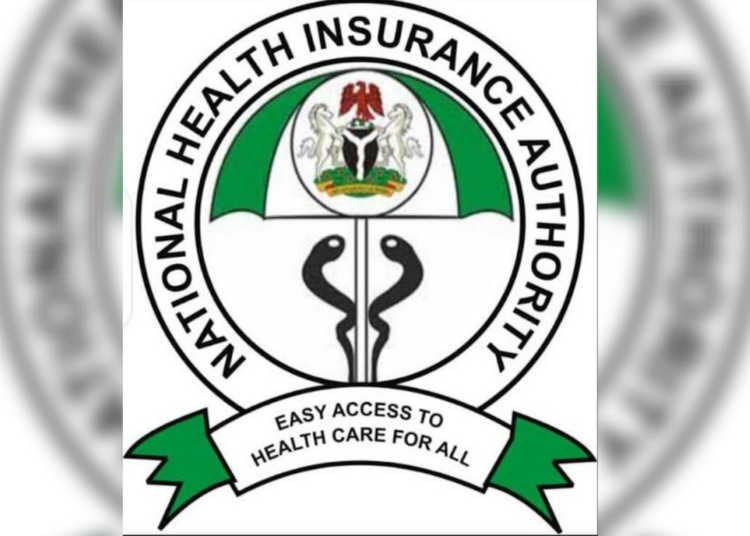The National Health Insurance Authority (NHIA) said the country’s health insurance coverage had significantly increased, with over 21.1 million Nigerians now enrolled as of August 2025.
The Director of the Formal Sector Department at NHIA, Pharm. Nuhu Ajodi ,disclosed this on Thursday during a sensitisation workshop on Strengthening Institutional Support for Universal Health Coverage for self-paying agencies organised by NHIA in Abuja.
Ajodi described the achievement as a significant milestone and evidence of renewed confidence in the country’s health insurance system.
He said the progress reflected the impact of the NHIA Act 2022, which made health insurance mandatory for all Nigerians.
This act broke a two-decade stagnation that saw coverage remain at about seven per cent.
“Before the new Act, health insurance coverage in Nigeria had remained stagnant for nearly twenty years. But with the presidential directive and enforcement of the NHIA Act, we are witnessing steady growth in enrollment and public confidence,” he said.
Ajodi explained that the NHIA works closely with regulatory agencies to enforce mandatory insurance, boost public awareness, and strengthen trust in the healthcare system.
He added that under the leadership of the present Director-General of NHIA, Dr Kelechi Ohiri, the authority has launched new initiatives such as the Obstetric Fistula Care Programme and the Emergency Care Initiative to reduce financial barriers to healthcare and support women facing life-threatening complications.
He further noted that programmes such as the Comprehensive Emergency Obstetric and Newborn Care (CEmONC) and the Fistula Free Programme (FFP) have already provided thousands of women nationwide with access to quality maternal and reproductive health services.
“The NHIA remains committed to protecting Nigerians from catastrophic health expenditures and achieving universal health coverage,” Ajodi stated.
He urged workshop participants to engage actively and deepen their understanding of the insurance process. He noted that citizen participation and stakeholder collaboration are crucial to sustaining the recent gains.





